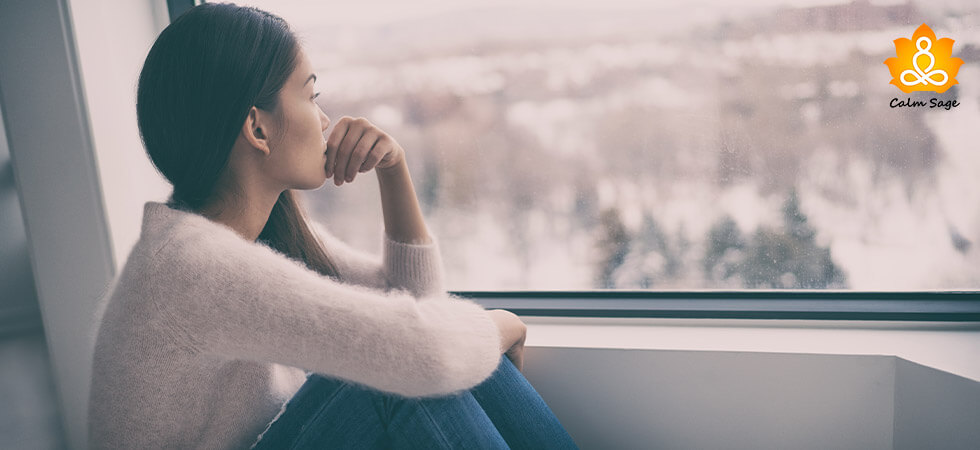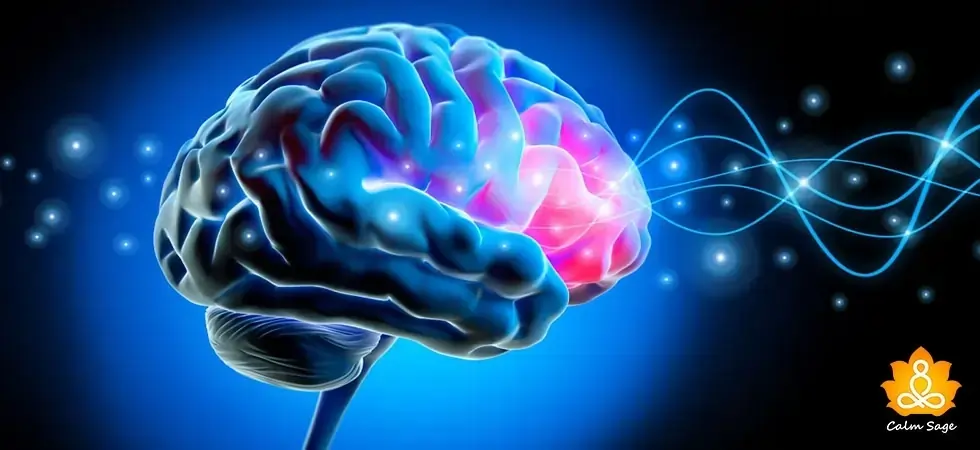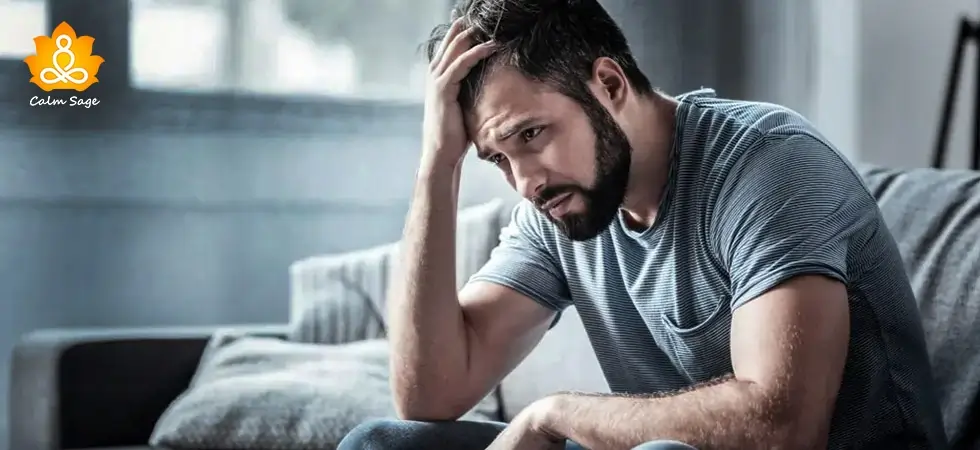‘Introvert Burnout’ Is Real – Here’s How To Recover From Introvert Burnout

Do you feel exhausted after talking to people? Do you often find yourself overwhelmed in social situations? Are you an introvert? Well, if you answer “yes” to any of these questions, then there’s a slight chance you might be experiencing introvert burnout.
Social interactions can stimulate some people, however, the same social interaction can leave an introvert feeling socially and emotionally exhausted. I, just like any other introvert, like engaging with my loved ones socially but it also requires me to invest most of my energy to socially adapt. This overstimulation can cause social exhaustion.
Introvert burnout or social exhaustion happens when you socialize to a point where you feel physically, mentally, and emotionally drained. While it’s not an official diagnosis or a formal term, it can still be used to describe social or introverted overstimulation. Would you believe it if I told you that even extroverts experience social exhaustion from time to time?
In this blog, I’ll be helping you explore more about what is introvert burnout, the signs of introvert burnout, why introverts get drained, and how to recover from introvert burnout.
What Is Introvert Burnout?
Burnout is a state of mental, emotional, and physical exhaustion caused by prolonged stress. When we talk about introvert burnout, it can mean a similar level of exhaustion caused by social overstimulation. For introverts, they can feel socially exhausted when they don’t get enough time to recharge.
Extroverts feel energized around others and by social interactions whereas introverts need frequent solitude to recharge themselves and restore their energy. Many people confuse introversion as being shy and having a dislike of others, however, in reality, introverted people are sensitive to most social situations and require more alone time to recharge, unlike extroverts.
Introvert burnout can be quite draining and may feel like having a meltdown. Other times, it can feel like being completely drained of energy and exhausted to a point where you can’t take another step.
Introverts can get drained in many situations. Some examples can include:
- Working in a job where you’re required to interact with others frequently
- Traveling in a group
- Spending a lot of time surrounded by family and friends
- Attending more than one social event
- Poor boundaries between work and personal life
- Noisy environment
The Signs Of Introvert Burnout
Introvert burnout signs and symptoms can include:
- Feeling detached
- Feeling numb
- Having trouble focusing on one thing
- Having a headache
- Feeling fatigued or on low energy
- Experiencing an emotional meltdown
- Feeling irritable
- Depression
- Difficulty sleeping
- Anxiety
When an introvert doesn’t get time to recharge and restore their energy, they may become easily overstimulated. Social exhaustion can be experienced by extroverts as well but introverts experience this more than others.
To help you detect social exhaustion or burnout early, here are some common burnout symptoms:
-
- Inability to sleep
- Feeling mentally tired
- Feeling overly reactive
- Low energy
- Feeling hopeless or helpless
- Low or no motivation
-
- Feeling depressive symptoms
- Social withdrawal
How To Recover From Introvert Burnout?
Social exhaustion can happen to anyone, anytime. However, there are some ways you can manage social exhaustion and recover from introvert burnout. You might have to make adjustments as per your social needs but these strategies may help:
1. Identify Your Triggers
What makes you run and hide from a social situation? What are the things that most trigger your introvert burnout symptoms? What triggers your social overstimulation? You need to identify your triggers to recover (and avoid) future social burnout. Some of the common triggers for introverts can include:
- Feeling forced to speak to a lot of people
- Attending family get-togethers
- Attending big-scale social events
- Being involved in a group project for a prolonged period
2. Set Boundaries
Boundaries – whether you’re an introvert or an extrovert – are important. When you have no time in between your schedules to spare, it can be difficult to get alone time. Always saying “yes” to social events even when you can’t or don’t can be draining on your mental and emotional health.
Set boundaries and accept invitations only if they fit your priority. Also, set time limits on how much you’ll spend in a social setting to avoid future social exhaustion and burnout.
3. Insist On Alone Time
Alone time is a must when you’re recovering from introvert burnout. Try to set aside some time of your day to be with yourself. Even if you do nothing at that time. Use this “me time” to reconnect with yourself.
When you know that you have a time frame to yourself in a day, you’ll make it through tough social situations as you’ll have something to look forward to when (or if) you feel overstimulated.
4. Reach Out
A bit counterproductive isn’t it? But reaching out to a loved one, friend, family, or even a therapist can help with reducing social exhaustion and introvert burnout. Talk to someone who’s a good listener and will listen without being distracted or judgmental.
Sometimes, even to recover from social burnout, spending time with your loved ones in a safe environment can help.
5. Try Meditation & Self-Care
Meditation is a good way to calm your nerves, relax, and recharge your energy (mental, emotional, and physical). It is also a great way to calm your anxiety that may be caused by social overstimulation. With these meditation apps, find the right one for you and try to meditate to release tension and recharge.
Even engaging in self-care is a good choice. Ask yourself what your body or mind needs and then provide. Soothing activities can help you lower your stress and reduce burnout.
6. Take A Break
As much as offline or in-person social interactions can be draining, online social interactions can have the same effect. I mean, considering we spend most of our free time online, social media exhaustion can be real. Take a break!
Not just physical social interactions can be overstimulating. To overcome social exhaustion, take a break from social media too.
7. Find A Creative Outlet
There are many ways to feel connected to your inner peace and spirit. One of the most effective ways to recharge and recover from introvert burnout is to find a creative outlet for your emotions.
Try to engage in activities that help you connect with yourself. For example, cooking, listening to music, painting, etc. These activities are less demanding and can help you quickly get back on your feet.
What Next?
If your social exhaustion or introvert burnout lasts longer than you thought and if it’s stopping you from enjoying your life, then it is recommended that you speak to a professional mental health counselor.
Don’t forget, that reaching out to therapy is a self-care practice. With the right help and support, you’ll be able to speed up your introvert burnout recovery.
For more, you can write to us at info@calmsage.com or DM us on social media. Have you ever experienced introvert burnout? How did you recover? Let us know in the comments below!
Take Care!




















